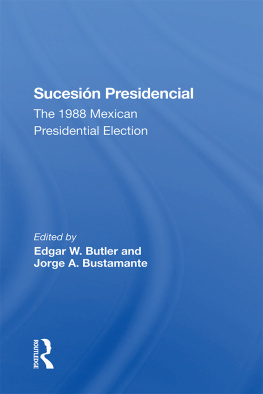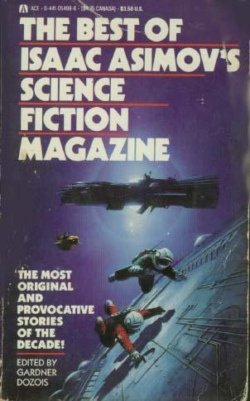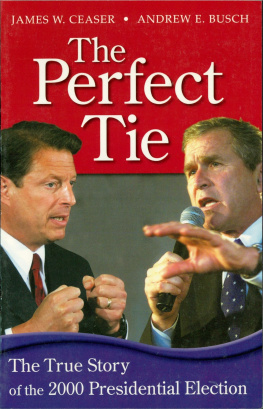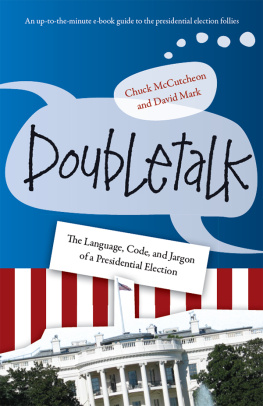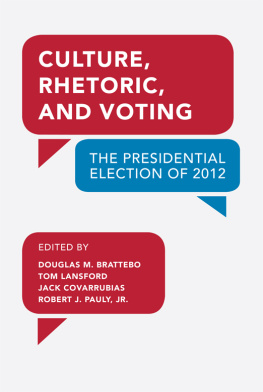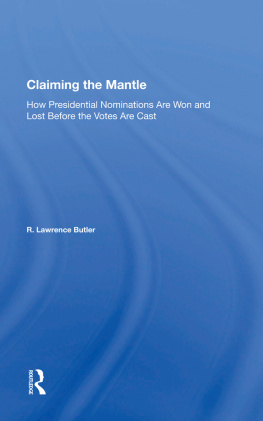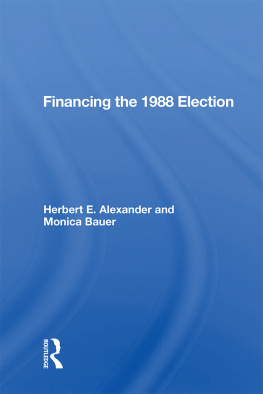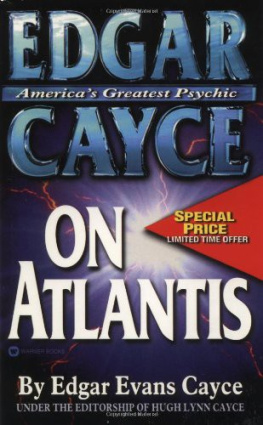First published 1991 by Westview Press
Published 2019 by Routledge
52 Vanderbilt Avenue, New York, NY 10017
2 Park Square, Milton Park, Abingdon, Oxon OX14 4RN
Routledge is an imprint of the Taylor & Francis Group, an informa business
Copyright 1991 by The Regents of the University of California
All rights reserved. No part of this book may be reprinted or reproduced or utilised in any form or by any electronic, mechanical, or other means, now known or hereafter invented, including photocopying and recording, or in any information storage or retrieval system, without permission in writing from the publishers.
Notice:
Product or corporate names may be trademarks or registered trademarks, and are used only for identification and explanation without intent to infringe.
A CIP catalog record for this book is available from the Library of Congress.
ISBN 13: 978-0-367-28917-1 (hbk)
This book is dedicated to the memory of Manuel J. Clouthier for his fundamental role in the democratization process in Mexico.
The United States and Mexico are bound together by a shared border, an intertwined history and, in many ways, their relationship is mutually beneficial: Mexico is the United States' third largest trading partner; two-thirds of Mexico's trade norm ally is with the United States; and Mexico's labor force has contributed significantly to the success of California's agriculture.
But the two countries are not always at ease with one another. They are divided by economic conditions, lack of mutual understanding, distinct cultures, and differing views of mutual problems. Attempts to resolve real differences too often are obstructed by misperceptions and stereotypes. The bilateral relationship is influenced, too, by global challenges which can expand or delimit expectations. Environmental crises, the debt of developing nations, instability in Central America, rapid change in Eastern Europe, and the quickening economic pace of the Pacific Rim are examples of world-wide issues to which Mexico and the United States both must respond.
Within this changing milieu, the 1988 Mexican presidential election took place, an election that clearly held the potential for significant alterations in the Mexican political system and, thus, in the Mexican response to the United States-Mexico bilateral relationship and to international events. Expectations of change and fears of destructive conflict ran high in Mexico and in the United States both before and after the election. The electoral process and its outcomes emerged as critical issues in each country's intellectual, academic, media, and political circles.
The academic examination of such issues has been the basis of the work of the University of California Consortium on Mexico and the United States (UC MEXUS) since its establishment in 1980. The more than three hundred faculty members of the University of California who work in Mexican studies, United States-Mexico relations, Chicano studies, and scientific problems of interest to both countries are joined by a multitude of collaborating scholars, scientists, and institutions of Mexico.
Researchers are often reluctant, though, to commit themselves to predictions of their work's value to society. At the same time, politicians and public administrators are criticized frequently for operating from unilateral perspectives and without benefit of scholarly research. Both groups are wary of the media, with its power to influence public opinion about researchers' topics and politicians' programs. Finally, researchers, politicians, and the media all have difficulty tolerating the others' interference in their work. This lack of collaboration, in both Mexico and the United States, contributes to misunderstanding which in turn becomes the basis for one country's policy toward the other.
In 1987 UC MEXUS established the Critical Issues Program in United States-Mexico Relations, bringing together scholars, public officials, and the media from both countries to discuss issues most central to the bilateral relationship and, more importantly, to devise from their perspectives, expertise, and experience plans for cooperative action to address the pressing social, economic, and environmental problems that the United States and Mexico share. The Critical Issues Program is supported by a three-year grant from the John D. and Catherine T. MacArthur Foundation's Program in International Peace and Cooperation.
This volume, the first of the Critical Issues series, explores the implications of the 1988 Mexican presidential election for Mexico, for the United States, and for the bilateral relationship. The explosive changes in the Mexican electoral system, the reasons for these changes, and their implications for the exercise of government in Mexico, have significant bearing on the country's international relationships. These are changes to which the United States must be sensitive in the formulation and practice of its policies toward Mexico.
Mexico's 1988 presidential succession is one historical event in a series that marks a period of rapid evolution in concepts and practice of democracy around the world. This volume will be of assistance to current and future scholars of a period that may come to be known as the world-wide democratic current . It is our hope also that this examination of Mexico's internal political changes, and their potential international impacts, will serve to inform the development of policy, the portrayal of Mexico in the media of the United States, and public opinion in the two countries.
Arturo Gmez-Pompa
Riverside, California
Arturo Gmez-Pompa is director of the University of California Consortium on Mexico and the United States (UC MEXUS), a nine-campus organization headquartered at the University's Riverside campus. In addition, he is professor of botany at the University of California, Riverside.
The work reported in this volume was made possible by the "Critical Issues in United States-Mexico Relations" program of The University of California Consortium on Mexico and the United States (UC MEXUS). The Critical Issues program of UC MEXUS is sponsored by support from The John D. and Catherine T. MacArthur Foundation. We wish to express our great appreciation to UC MEXUS and the MacArthur Foundation for the funds necessary to carry out this research effort.
We want to express our great gratitude to the staff of UC MEXUS for the funding and the freedom they gave us in carrying out the project. Dr. Arturo Gmez-Pompa, Director of UC MEXUS, was instrumental in whatever success of our effort is reflected in this volume. He was ably assisted by the Assistant Director, Kathryn L. Roberts, whose dedication to our project was far beyond what anyone could expect. Her contributions were countless, but among many others included intellectual discussions, taking care of everyday nitty-gritty problems, editing the manuscript, and moral support. Richard Walsack, formerly of UC MEXUS, first broached the possibility of this venture to us and to UC MEXUS and we are grateful for that initial effort and for countless hours of discussion involving the Mexican political situation. Yvonne Pacheco Tevis translated some of the manuscripts from Spanish to English and was of great assistance in editing the entire manuscript. Leobardo Saravia Quiroz, Director del Departmento de Publicaciones, El Colegio de la Frontera Norte , very ably reviewed the Spanish language portion of the manuscript. Dora A. Velasco was always cheerful and helpful in solving the myriad of financial, travel, supply, and other problems; without her effort the project would not have been successfully completed.


